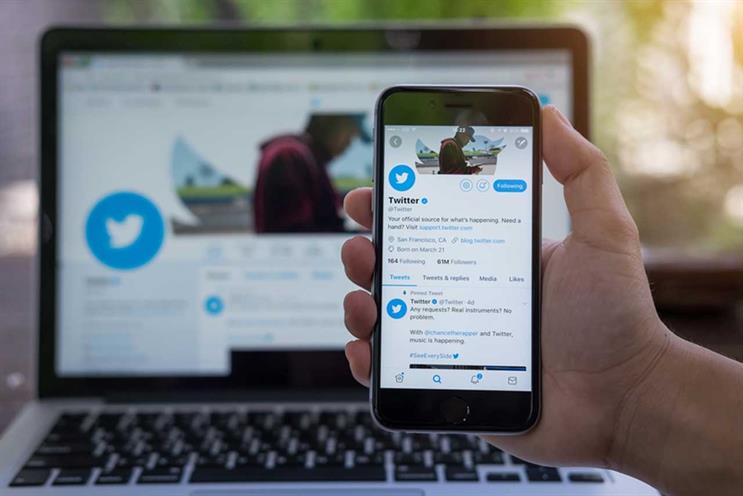
Twitter is to ban all political advertising from its platform globally, chief executive Jack Dorsey has revealed.
Dorsey, who is the co-founder, announced the news via a tweet on Wednesday (30 October), saying the company believed political messages "should be earned, not bought".
The ban will be enforced from 22 November, with full details released by 15 November. Ads in support of voter registration would not be affected by the ban, Dorsey said.
He outlined the reasons behind the ban through a series of tweets, saying: "While internet advertising is incredibly powerful and very effective for commercial advertisers, that power brings significant risks to politics."
Internet political ads, Dorsey said, presented "entirely new challenges to civic discourse", including "machine learning-based optimization of messaging", "micro-targeting, unchecked misleading information, and deep fakes".
He added: "It's not credible for us to say: 'We're working hard to stop people from gaming our systems to spread misleading info, buuut if someone pays us to target and force people to see their political ad… well… they can say whatever they want!'"
Dorsey also called for more "forward-looking political ad regulation", but acknowledged this was "very difficult to do".
"Ad transparency requirements are progress, but not enough. The internet provides entirely new capabilities, and regulators need to think past the present day to ensure a level playing field," he said.
The move has immediately split US political parties, which are currently campaigning for the 2020 presidential election. Democrats including Hillary Clinton praised the decision, calling it "the right thing to do for democracy in America and all over the world". Meanwhile, Brad Parscale, manager of Donald Trump's re-election campaign, said the ban was "yet another attempt by the left to silence Trump and conservatives".
ByteDance's TikTok revealed a blanket ban on all political advertising earlier this month. Conversely, rival Facebook recently ruled out a ban.



.jpg)
.jpeg)
